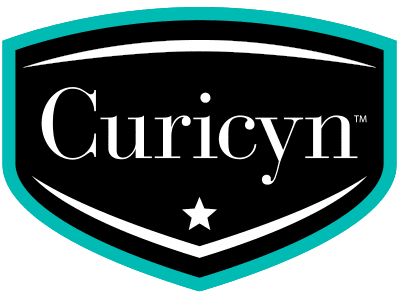Ringworm: What Is It and What Can You Do About It?
Ringworm is one of the most deceptively named conditions that pets – and people – can encounter. It’s not a worm at all – it’s a fungal infection that affects the skin, hair follicles, and nails of many species of animals. Additionally, although it often appears as a circular lesion, it is not always a ring shape.
What we know about ringworm in pets:
- It’s contagious, and transmission occurs by direct contact with the fungus, either on an infected animal or person, or by handling objects or touching surfaces contaminated by fungal spores, such as furniture, grooming brushes, or carpets.
- Spores can live on surfaces for up to 18 months.
- Ringworm is zoonotic, meaning pets and people can infect each other. For example, if your cat has a ringworm infection and you pet your fur baby, you can then get ringworm on your own skin. Children and adults with weakened immune systems are more susceptible than healthy adults.
- Symptoms include hair or fur loss or breakage, inflammation, and sometimes a crusty, scaly, or scabby lesion, often – but not always! – in ring-like shapes.
- Ringworm can infect a wide range of companion pets, including dogs, cats, guinea pigs, gerbils, and hamsters as well as horses, cattle, and other livestock animals.
The first sign that your pet may have ringworm will likely be fur loss, possibly in a circular pattern. If left untreated, it can spread to other areas of your pet’s body – or to other members of your family! Your veterinarian can diagnose ringworm and advise you on treatment, which often includes a combination of oral anti-fungal medication and over-the-counter topical therapies, such as Curicyn’s Wound Care Clay.
You may be thinking, “I thought Curicyn was for cuts, burns, scratches, or wounds?” And you’re right, our Wound Care Clay is paw-fect for those types of injuries our pets can experience, especially on hard-to-bandage areas like legs and paws. But it’s also proven extremely effective at relieving the irritation caused by ringworm and promoting faster healing.
Formulated using a combination of bentonite clay, Curicyn Original Wound & Skin Care Formula, and aloe, our Wound Care Clay can be applied directly to ringworm-infected areas of your pet’s body, with no need to apply additional bandages. It’s also non-toxic and safe for use on a wide range of pets, including dogs, cats, horses, birds, and even reptiles.
Keep Curicyn Wound Care Clay in your home as part of your pet’s health kit. If you think ringworm may be the source of fur loss, having this product on hand will allow you to start the healing process once you notice an affected area.
